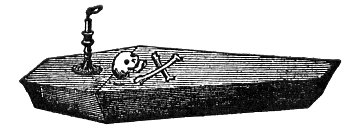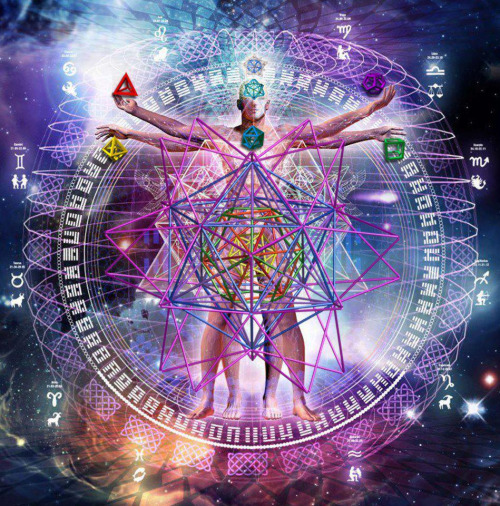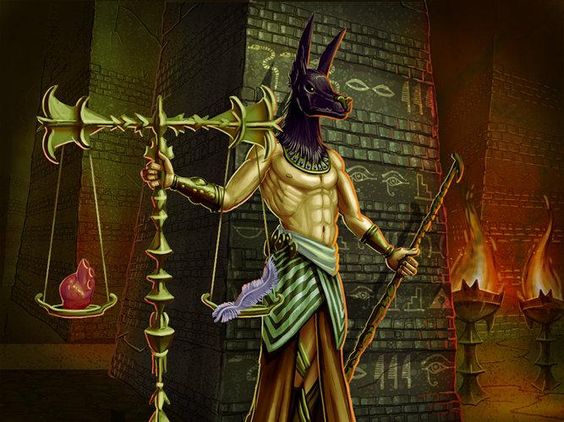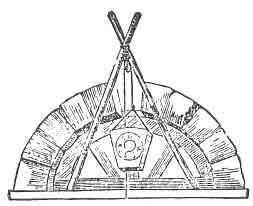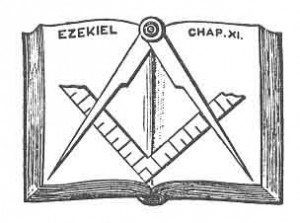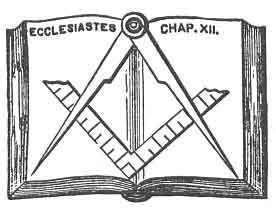p. 114
THE Master Khu_ru_m was an industrious and an honest man. What he was employed to do he did diligently, and he did it well and faithfully. He received no wages that were not his due. Industry and honesty are the virtues peculiarly inculcated in this Degree. They are common and homely virtues; but not for that beneath our notice. As the bees do not love or respect the drones, so Masonry neither loves nor respects the idle and those who live by their wits; and least of all those parasitic acari that live upon themselves. For those who are indolent are likely to become dissipated and vicious; and perfect honesty, which ought to be the common qualification of all, is more rare than diamonds. To do earnestly and steadily, and to do faithfully and honestly that which we have to do–perhaps this wants but little, when looked at from every point of view, of including the whole body of the moral law; and even in their commonest and homeliest application, these virtues belong to the character of a Perfect Master.
Idleness is the burial of a living man. For an idle person is so useless to any purposes of God and man, that he is like one who is dead, unconcerned in the changes and necessities of the world; and he only lives to spend his time, and eat the fruits of the earth. Like a vermin or a wolf, when his time comes, he dies and perishes, and in the meantime is nought. He neither ploughs nor carries burdens: all that he does is either unprofitable or mischievous.
It is a vast work that any man may do, if he never be idle: and it is a huge way that a man may go in virtue, if he never go out of his way by a vicious habit or a great crime: and he who perpetually
p. 115
reads good books, if his parts be answerable, will have a huge stock of knowledge.
St. Ambrose, and from his example, St. Augustine, divided every day into these tertias of employment: eight hours they spent in the necessities of nature and recreation: eight hours in charity, in doing assistance to others, dispatching their business, reconciling their enmities, reproving their vices, correcting their errors, instructing their ignorance, and in transacting the affairs of their dioceses; and the other eight hours they spent in study and prayer.
We think, at the age of twenty, that life is much too long for that which we have to learn and do; and that there is an almost fabulous distance between our age and that of our grandfather. But when, at the age of sixty, if we are fortunate enough to reach it, or unfortunate enough, as the case may be, and according as we have profitably invested or wasted our time, we halt, and look back along the way we have come, and cast up and endeavor to balance our accounts with time and opportunity, we find that we have made life much too short, and thrown away a huge portion of our time. Then we, in our mind, deduct from the sum total of our years the hours that we have needlessly passed in sleep; the working-hours each day, during which the surface of the mind’s sluggish pool has not been stirred or ruffled by a single thought; the days that we have gladly got rid of, to attain some real or fancied object that lay beyond, in the way between us and which stood irksomely the intervening days; the hours worse than wasted in follies and dissipation, or misspent in useless and unprofitable studies; and we acknowledge, with a sigh, that we could have learned and done, in half a score of years well spent, more than we have done in all our forty years of manhood.
To learn and to do!–this is the soul’s work here below. The soul grows as truly as an oak grows. As the tree takes the carbon of the air, the dew, the rain, and the light, and the food that the earth supplies to its roots, and by its mysterious chemistry trans-mutes them into sap and fibre, into wood and leaf, and flower and fruit, and color and perfume, so the soul imbibes knowledge and by a divine alchemy changes what it learns into its own substance, and grows from within outwardly with an inherent force and power like those that lie hidden in the grain of wheat.

Moe is the founder of GnosticWarrior.com. He is a father, husband, author, martial arts black belt, and an expert in Gnosticism, the occult, and esotericism.

